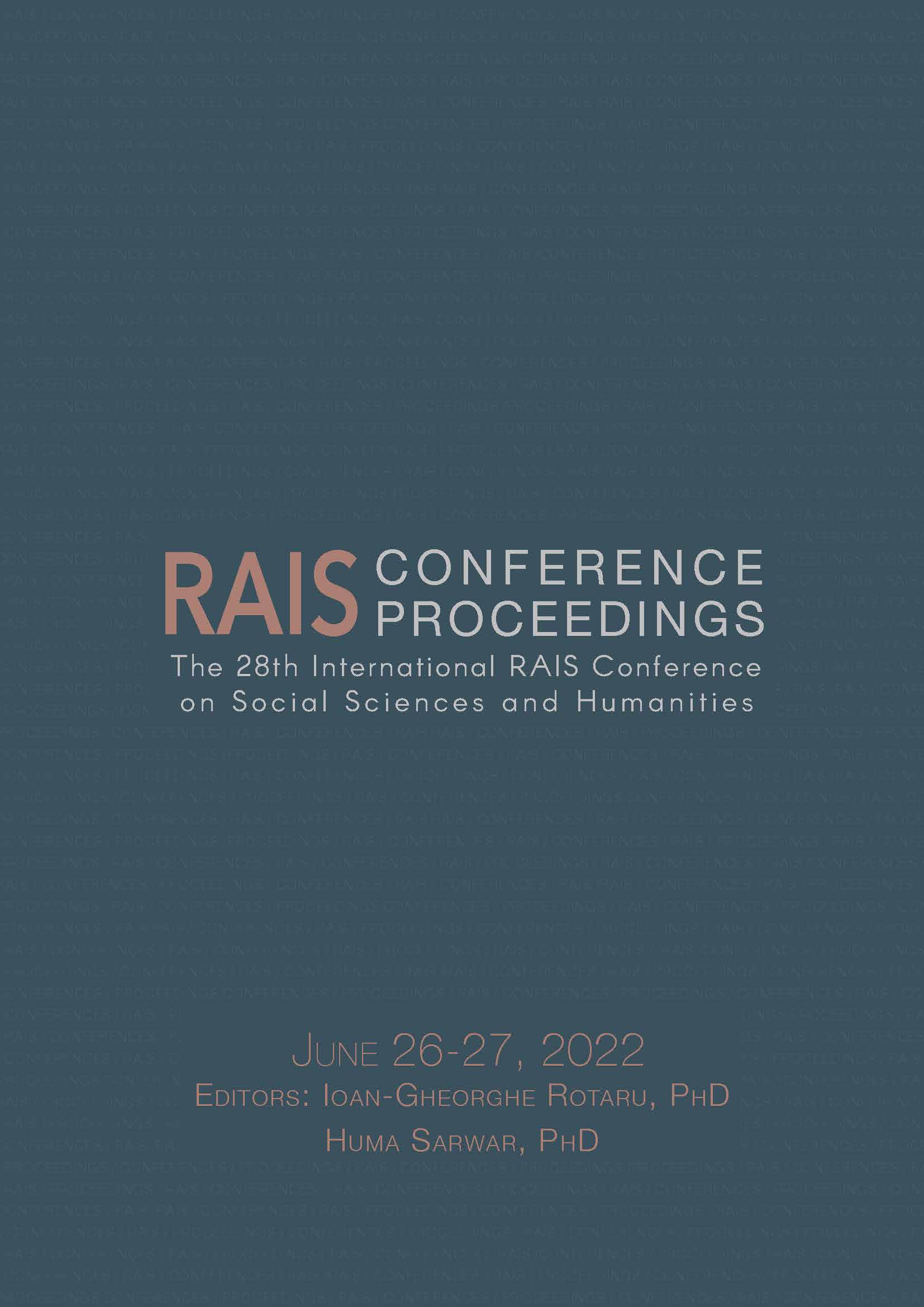Digital Inequality: A Research Agenda
Digital Inequality: A Research Agenda
Author(s): Julia M. Puaschunder
Subject(s): Behaviorism, Socio-Economic Research
Published by: Scientia Moralitas Research Institute
Keywords: Artificial Intelligence; Behavioral Economics; Behavioral Macroeconomics
Summary/Abstract: We live in the age of digitalization. Digital disruption is the advancement of our lifetimes. Never before in the history of humankind have human beings given up as much decision-making autonomy as today to a growing body of artificial intelligence (AI). Digitalization features a wave of self-learning entities that generate information from exponentially-growing big data sources that are encroaching every aspect of our daily lives. Inequality is one of the most significant pressing concern of our times. Ample evidence exists in economics, law and historical studies that multiple levels of inequality dominate the current socio-dynamics, politics and living conditions around the world. Social inequality stretches from societal levels within nation states to global dimensions but also intergenerational inequality domains. While digitalization and inequality are predominant features of our times, hardly any information exists on the inequality inherent in digitalization. This paper breaks new ground in theoretically arguing for inequality being an overlooked by-product of innovative change – featuring concrete examples in insights and applications in the digitalization domain. A multi-faceted analysis will draw a contemporary digital inequality account from behavioral economic, macroeconomic, comparative and legal economic perspectives. This paper targets at aiding academics and practitioners in understanding the advantages but also the potential inequalities imbued in digitalization. It sets a historic landmark to capture the Zeitgeist of our digitalization disruption heralding unexpected inequalities stemming from innovative change. The article may open eyes to understand our times holistically in its advantageous innovation capacities but also potential societal, international and intertemporal unequal gains and losses perspectives from digitalization.
Book: Proceedings of the 28th International RAIS Conference on Social Sciences and Humanities
- Page Range: 120-127
- Page Count: 8
- Publication Year: 2022
- Language: English
- Content File-PDF

